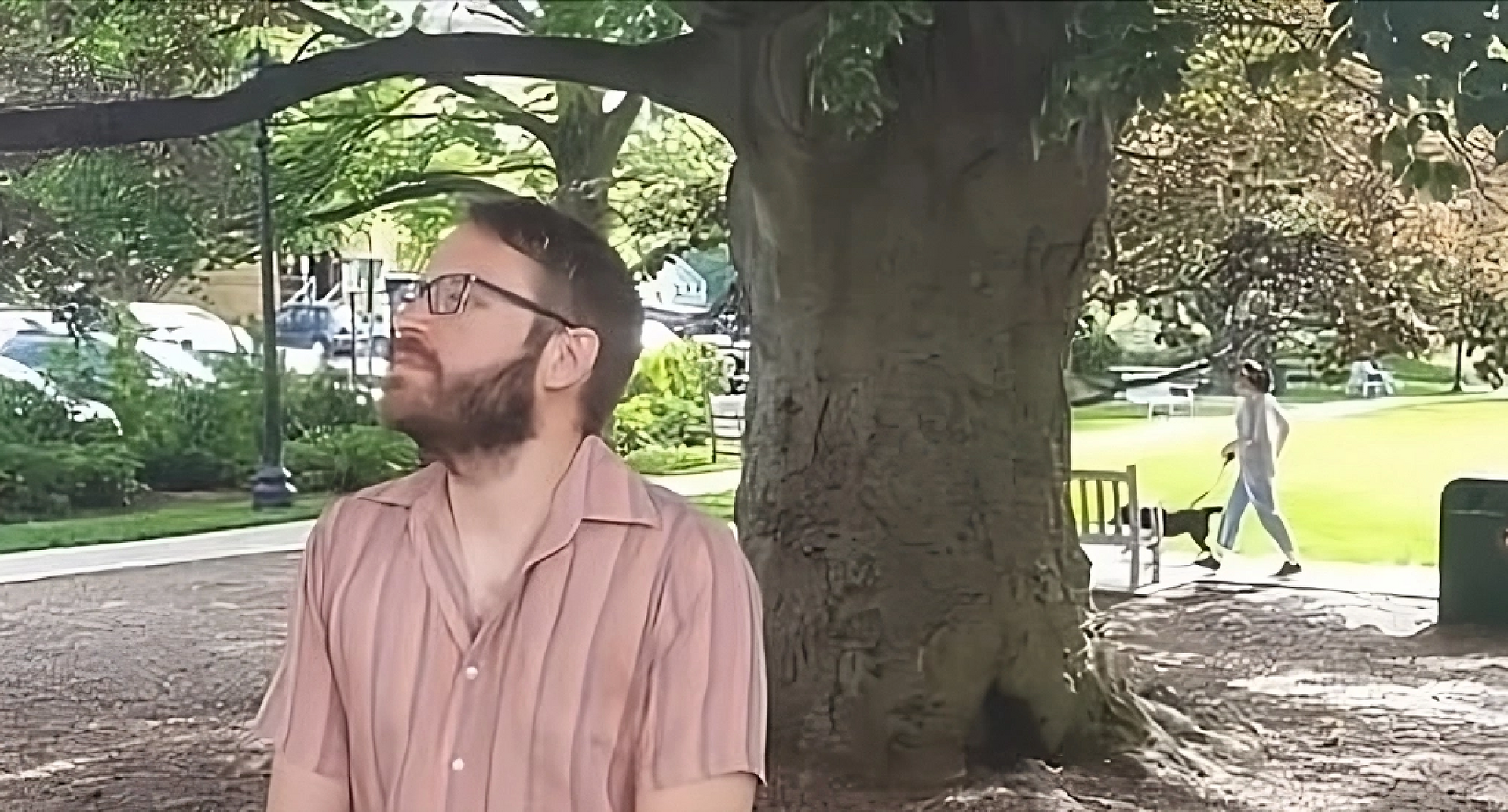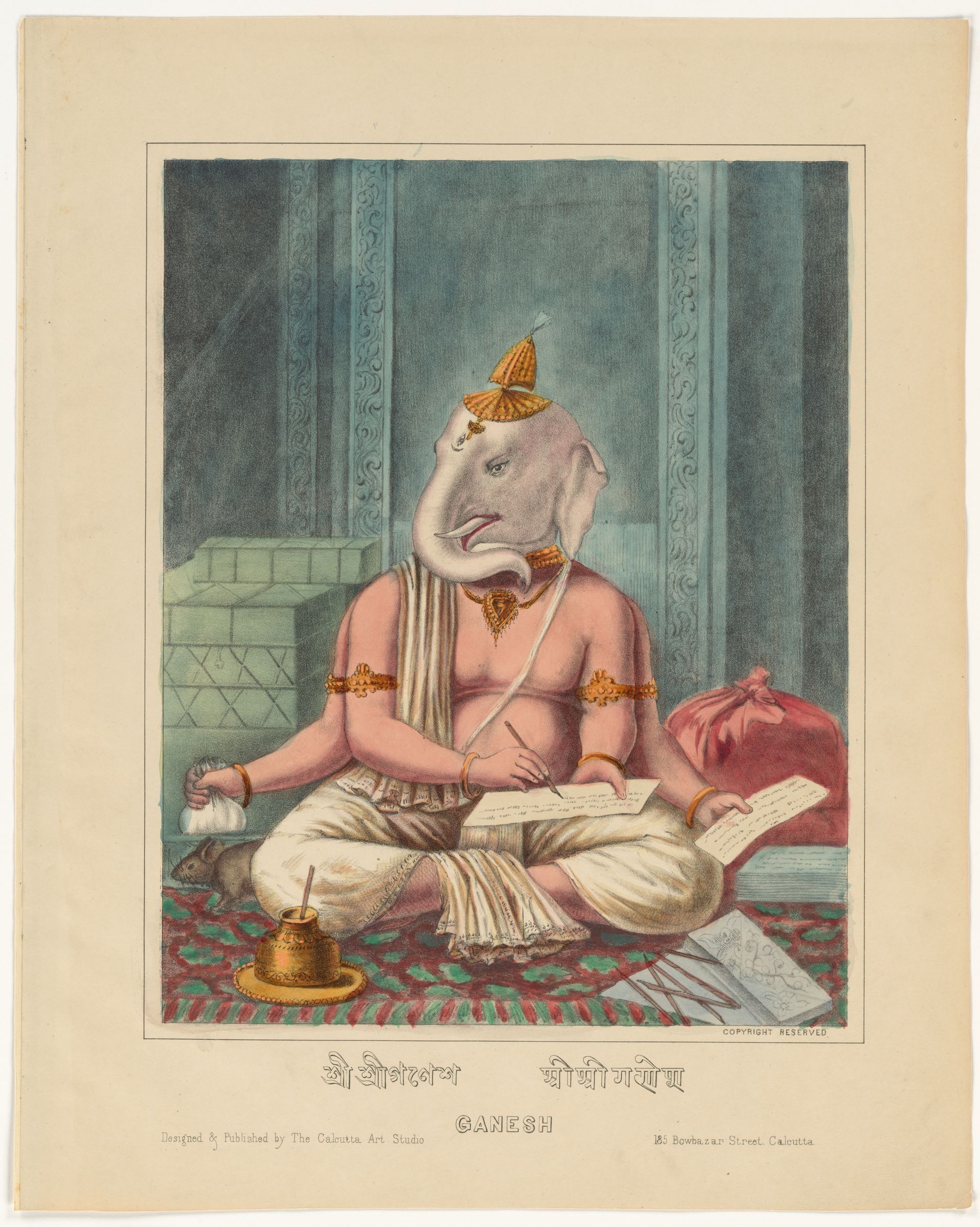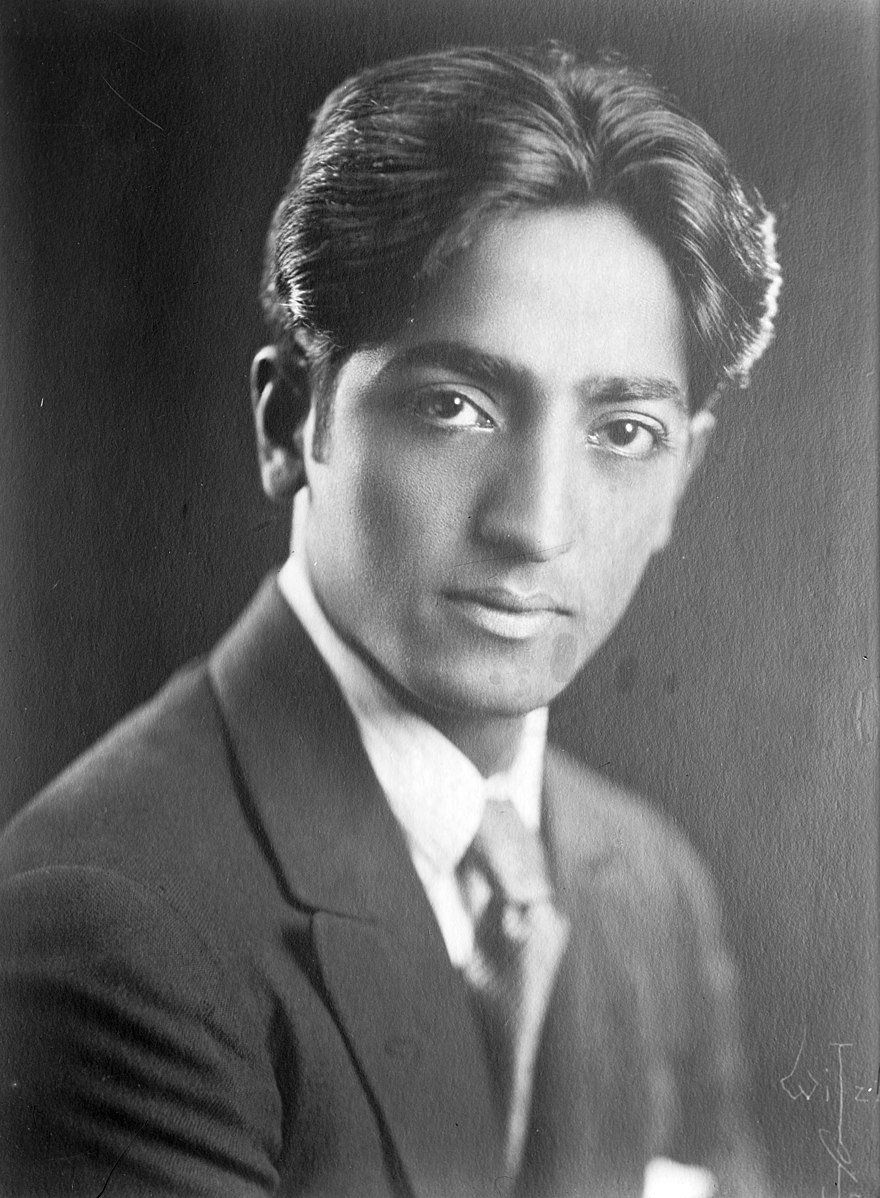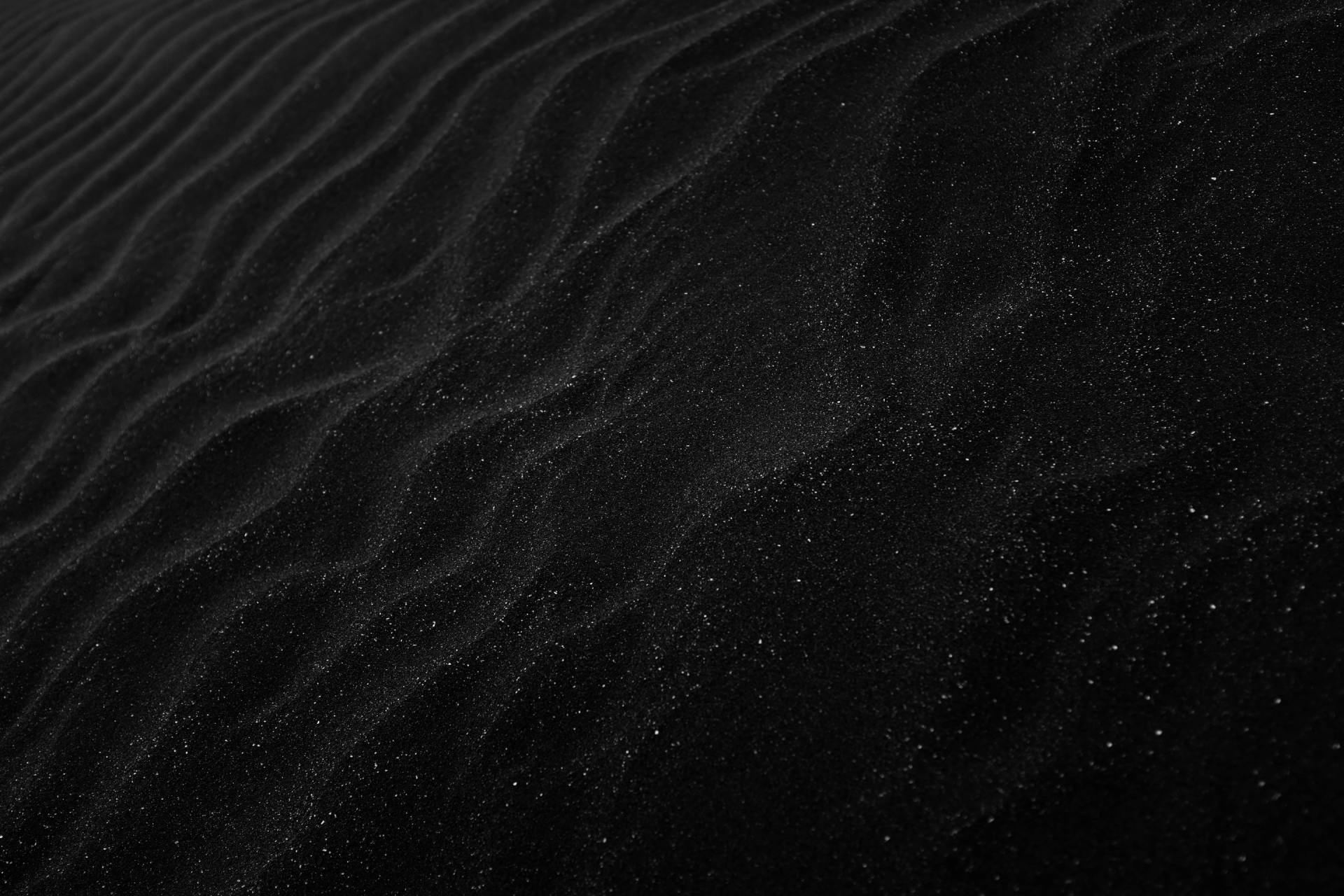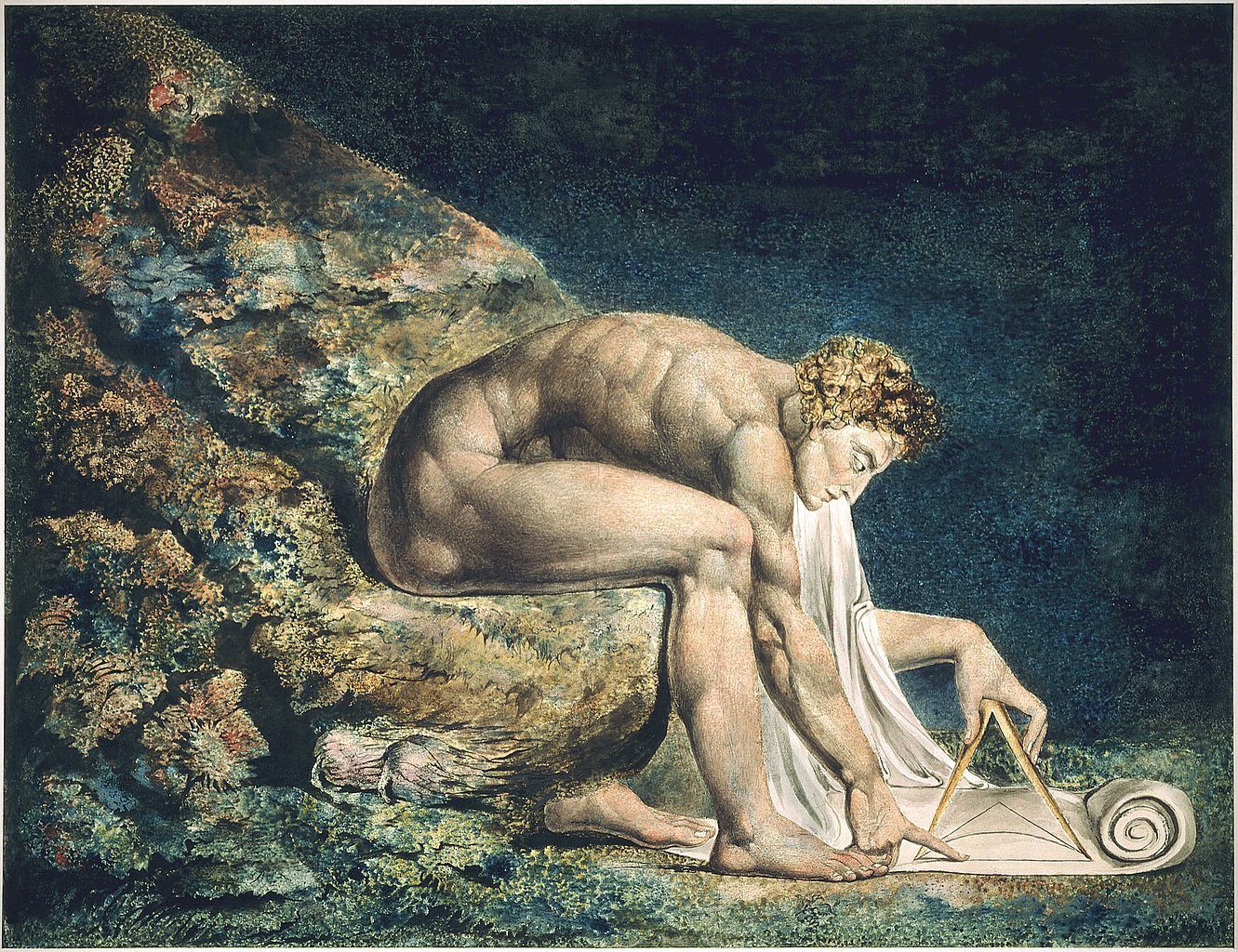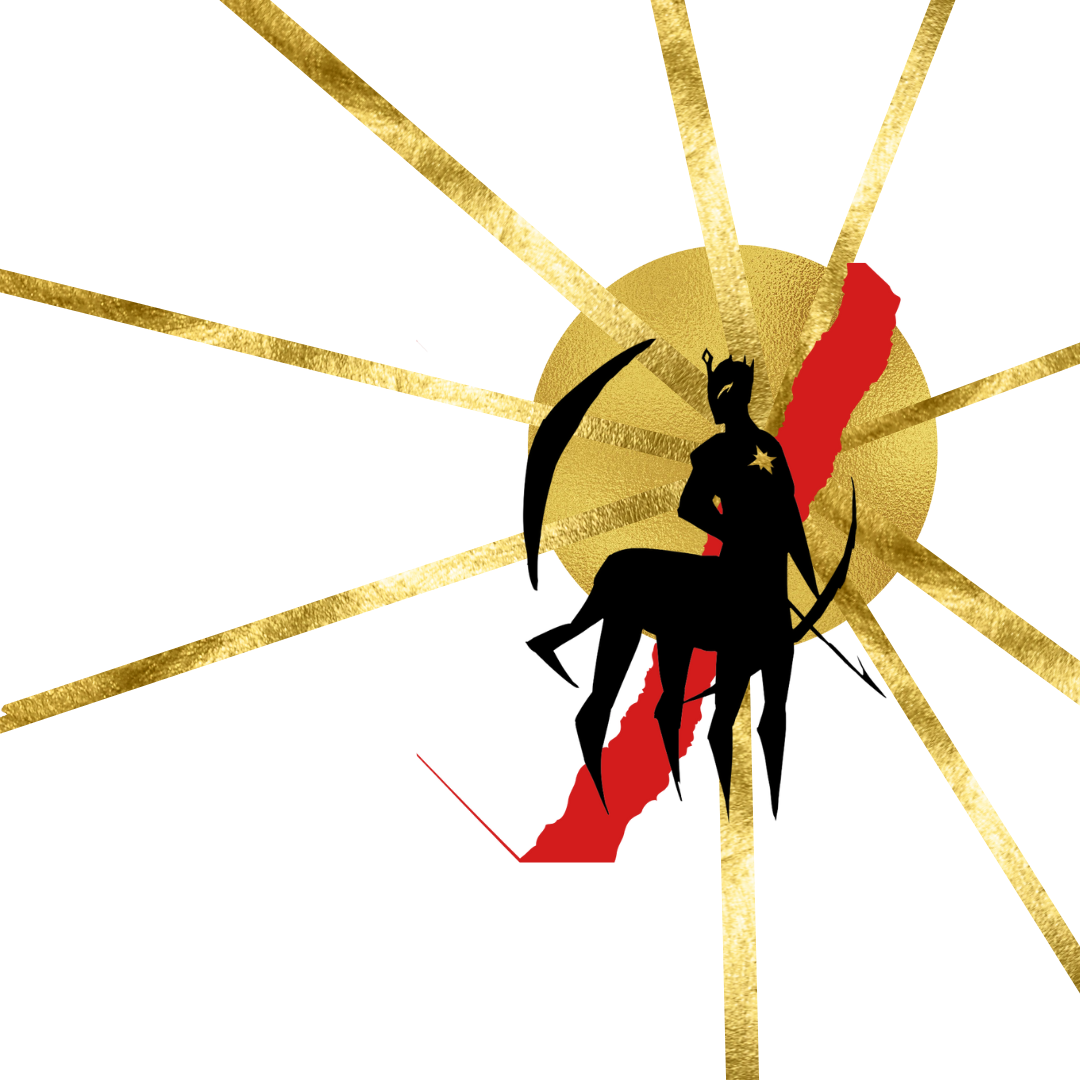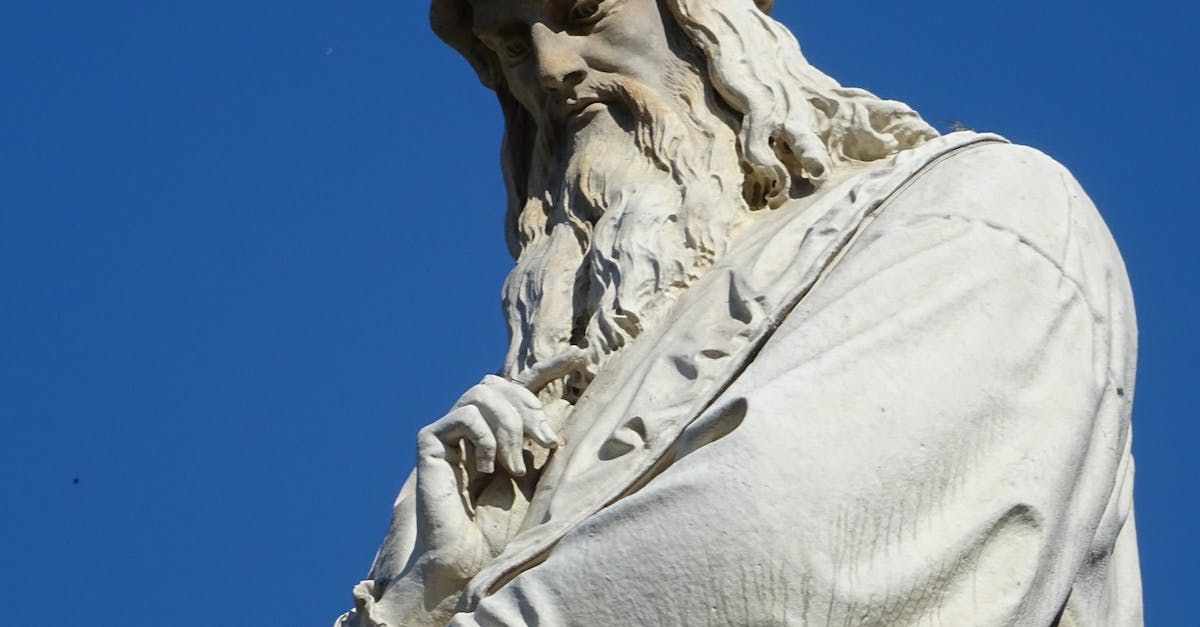BRAIN etc. | Genius Take 2 : The Sublime, Mental Health & Vedanta
«Processing this [fine arts] material and giving it form requires a talent that is academically trained, so that it may be used in a way that can stand the test of the power of judgment.
-- Immanuel Kant, Analytic of the Beautiful in Critique of Judgement (1790)
Analytic of the Sublime
Kant, who liked order, and is sorely missed at this time, wrote an essay on the beautiful, the sublime, and discernment every artist and poet should read. In Analytic of The Sublime, Critique of the Power of Judgement" (1790), Kant describes genius as exemplary qualities tied to the individual’s capacity for Knowledge. He also describes the fine arts (poetry, visual art, music, and sculpture) as expressions of genius, and not science, which by definition discovers the laws of nature, while the fine arts creates representations of nature. This distinction has been subject to debate.
«[...] Genius is the exemplary originality of a subject's natural endowment in the free use of his cognitive powers. Accordingly, the product of a genius (as regards what is attributable to genius in it rather than to possible learning or academic instruction) is an example that is meant not to be imitated, but to be followed by another genius. (For in mere imitation the element of genius in the work-what constitutes its spirit-would be lost.)
...
Now since originality of talent is one essential component (though not the only one) of the character of genius, shallow minds believe that the best way to show that they are geniuses in first bloom is by renouncing all rules of academic constraint, believing that they will cut a better figure on the back of an ill-tempered than of a training-horse. Genius can only provide rich material for products of fine art; processing this material and giving it form requires a talent that is academically trained, so that it may be used in a way that can stand the test of the power of judgment
-- Immanuel Kant, Analytic of the Beautiful in
Critique of Judgement
(1790)
The Genius of Van Gogh, Nash & Ramanujan
Recent studies have aimed to identify a potential correlation between creativity and psychopathology, particularly in conditions like ADHD, schizophrenia, or bipolar disorder, with limited scientific impact and mitigated success. Despite their inconclusiveness, the mainstream media keeps sparking excitement around the relationship between creativity and mental health. The recurring juxtaposition of creativity, associated with order (a nod to Kant), and mental illness raises concerns, in my opinion, and proves quite surprising. It is plausible that many scientists researching creativity, lacking a genuine creative inclination themselves, view it as an enigmatic internal phenomenon, thereby making a spectacle of it.
Robert Nash, hailed as a genius by the scientific community and the inspiration for "A Beautiful Mind", must have contributed to science, which rests on reason and logic, outside his manic-depressive episodes. Van Gogh, now celebrated as an artistic genius (while he died in wretched poverty and lack of recognition), captivates the contemporary public because his paintings are original, yet intelligible representations of reality. So, what we perceive as genius has less to do with pathological states than remarkable manifestations of lucidity. If mental illness were a necessary and decisive factor in the expression of genius, we would not have witnessed the extraordinary contributions of individuals such as Da Vinci or Michelangelo, who appeared to be in sound mental--and physical-- health. Their brilliance transcends any direct correlation with mental health struggles.
As for Ramanujan, while some of his theories have been confirmed and left their mark on science, others remain unproven. Despite his natural talent, his lack of formal training led him to seek advice from the British mathematician G.H. Hardy at Cambridge, underlining the notion that genius requires development and practical experience.
The mystical experiences of Ramanujan, who attributes his remarkable mathematical intuition to visions of the family deity
Namagiri, are akin to the original jinni's ability to unveil new knowledge.
In yogic philosophy, latent capacities emerge as the seeker progresses towards
Moksha, liberation, the ultimate goal of authentic spiritual practice. These abilities, or intuitive knowledge, serve as simple indicators of spiritual evolution, emphasizing that they are not the ultimate goal. The rise of pride in the seeker is a sign of spiritual downfall and existential regression.
Van Gogh, Nash, and Ramanujan have all become subjects of Hollywood fascination, presented as enigmatic figures oscillating between madness and genius. This oversimplified, sensationalist perspective on exceptional manifestations of intelligence may serve financial interests, but fails to provide a true understanding of how intelligence culminates and functions.
Who is the Jinni? What is this Bottle?
Numerous scientists argue about the lack of a clear definition of genius. However, Kant provided a perfectly viable and lucid one, as we now know, and the essence of genius lies in its origin and etymology: the capacity to generate or what has been generated (from the Latin gens), and the non-ordinary intervention leading to such expression.
The capacity of certain individuals to evoke either chaos or order is one matter, while the propensity of others to generate more order than chaos is another. The question of whether specific individuals create enduring order that spans generations and shapes our appreciation for the Divine & the Sublime is worthy of contemplation. Meanwhile, chaos, which encompasses disgust and is destructive, obliterates all presumptions.
Creation, as an activity, aims to produce something. It is not about producing anything or nothing, as the latter is impossible – you cannot create nothing. In other words, you cannot create destruction. Creation and destruction are two separate activities with distinguishable outcomes. The quality of what is produced, whether it leans towards creativity or chaos, is contingent upon an individual's aptitude to explore and organize knowledge. A chaotic mind reflects an incapacity to navigate and organize knowledge, while a creative mind manifests a proficiency in this regard. Genius, the product of such manifestation, falls within the latter category.
Within Yogic practices, specifically those directed towards Self-realization as outlined in Sage Patanjali's Yoga Sutras, unconventional and extraordinary creative expressions may manifest as a sign of spiritual progress, a manifestation of the awakened subtle reality within the human being – the inner spirit denoted as "Shakti" in Sanskrit.
Genius, which is “non-ordinary,” (that is, rare by definition), is lacking in the present-day art and poetry landscape, where the Fine Arts have been diminished to coarse egoic and meaningless expressions. Genius involves the capacity for transcendence, a quality that is absent in mere catharsis and identity politics.
Keep reading :
Genius is rare
Other resources & books used for this article
- IMMANUEL KANT ☞ Analytic of the Beautiful & Sublime (Book 1 & 2) in
Critique of Judgement, (public domain, pdf format).
Note to Poets & Artists: Philosophy is an essential competence every serious poet or artist should have. To become sensitive to philosophy as a reasoning and introspective method, we strongly recommend reading original textbooks from philosophers rather than academic commentators or vulgarization literature. Use
our philosophy reading list for beginners to develop your philosophical reasoning and culture. Be persistent.
Go deeper
- Poly What ?, Murielle Mobengo
- «Beauty Almighty »
Revue {R}évolution 5, Spring 2023, especially the methodology article
What is a polymath?
Revue {R}évolution
